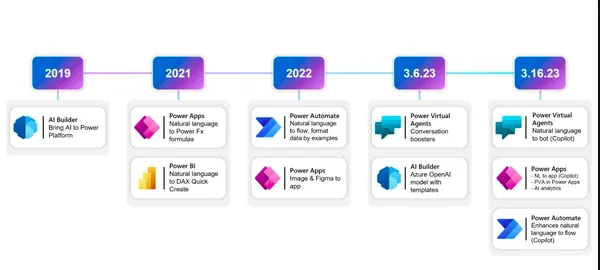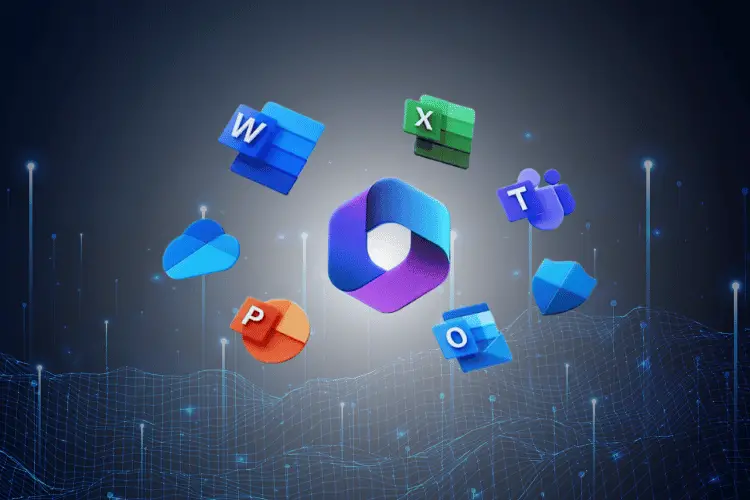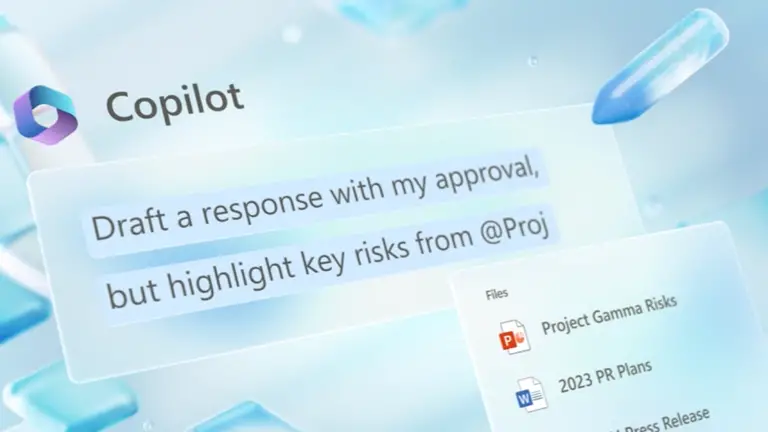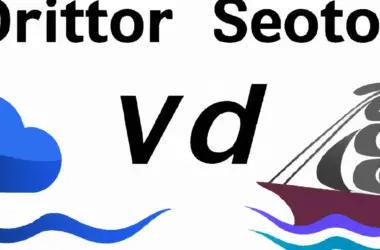Microsoft Copilot’s Influence on Human Resource Development

Microsoft Copilot, an artificial intelligence (AI)-powered programming assistant, is transforming the field of human resource development (HRD). Here’s how:

Streamlining Employee Onboarding: Copilot can automate tasks such as creating training plans, onboarding documents, and job-specific checklists. This frees up HR professionals to focus on personalized support and mentorship for new employees.

Upskilling and Reskilling: Copilot can provide personalized recommendations for skill development based on an individual’s role, career path, and performance data. HR teams can leverage this to create tailored training programs and provide employees with targeted support for upskilling and reskilling initiatives.
Enhanced Employee Engagement: Copilot can generate engaging learning content and gamified experiences, making training more interactive and motivating for employees. This promotes greater employee engagement and encourages continuous learning.
Data-Driven HRD: Copilot allows HR professionals to collect and analyze data on employee performance, learning outcomes, and skill gaps. This data-driven approach enables a more proactive and informed HRD strategy, optimizing training programs and interventions.
Integration with HR Systems: Copilot can seamlessly integrate with HR systems, such as learning management systems (LMS) and talent management systems. This allows HR professionals to create a unified and efficient HRD ecosystem, reducing manual tasks and improving data accessibility.
Role Expansion for HR Professionals: Copilot empowers HR professionals to go beyond traditional roles. By automating routine tasks, HR teams can allocate more time to strategic initiatives such as workforce planning, succession planning, and organizational development.
Challenges and Opportunities:
While Copilot presents significant benefits, it also poses challenges:
-
Bias Detection: Ensuring that AI-generated content is free of bias is crucial. HR professionals must carefully review and validate recommendations generated by Copilot.
-
Ethical Considerations: The use of AI in HRD raises ethical concerns regarding data privacy and algorithmic fairness. Clear guidelines and best practices must be established.
-
Skill Acquisition Gaps: The increasing reliance on Copilot may lead to a decrease in certain coding skills among programmers. HR teams need to address these potential skills gaps.
Conclusion:
Microsoft Copilot is revolutionizing HRD by automating tasks, providing personalized learning experiences, and facilitating data-driven decision-making. It empowers HR professionals to focus on strategic initiatives and create a more engaging and effective employee development ecosystem. However, careful attention to bias mitigation, ethical considerations, and skill acquisition is essential to maximize its potential while navigating its challenges.

